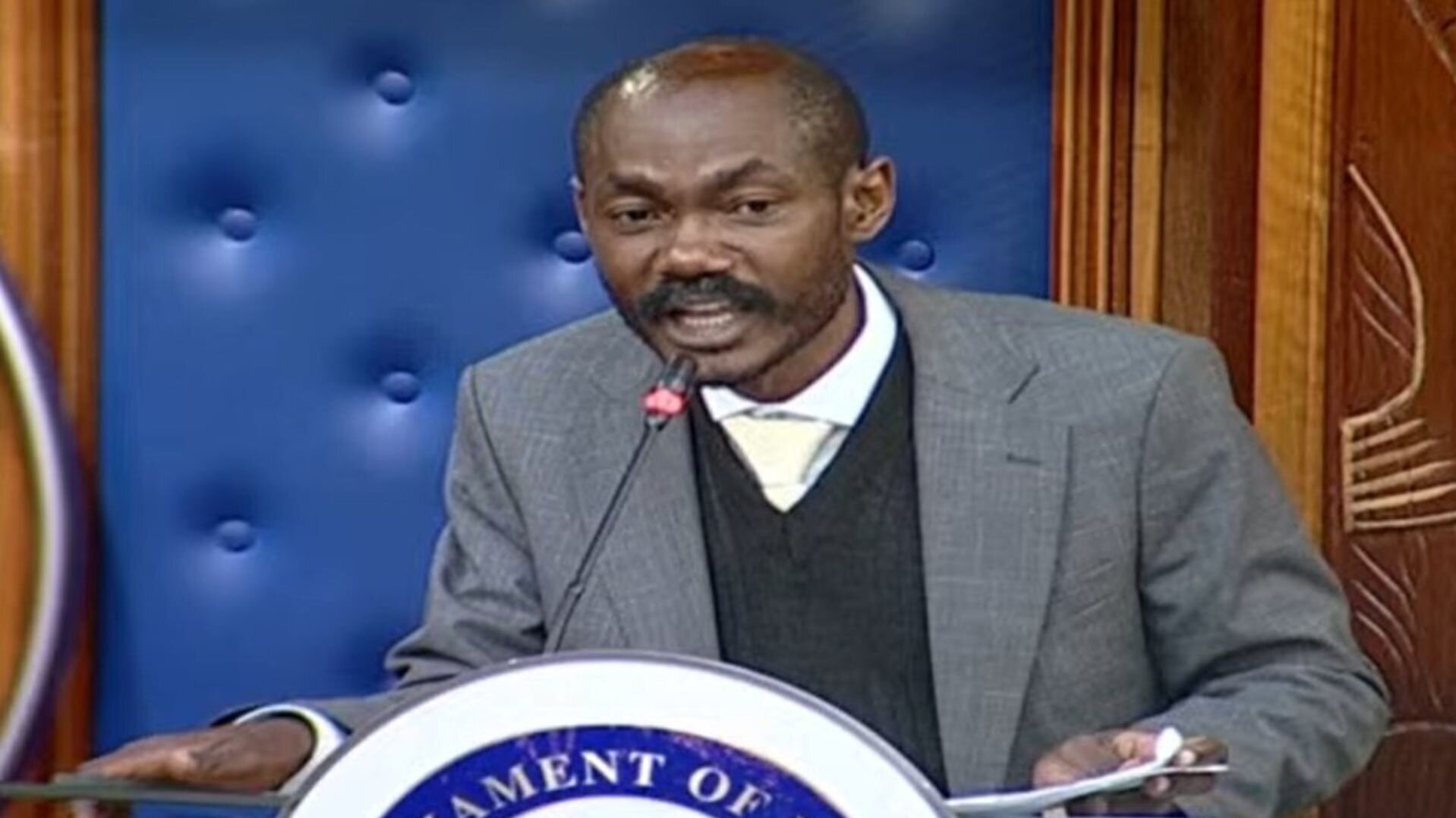Lawyer Elisha Ongoya wants police, CA to probe online parody accounts using his name

Lawyer Elisha Ongoya. File photo
Lawyer Elisha Ongoya, who attracted public attention for his sharp questioning during the impeachment hearing of Deputy President Rigathi Gachagua, has raised concerns about the proliferation of online parody accounts fraudulently using his name.
In a letter to both the National Police Service and the Communications Authority of Kenya (CA), Mr Ongoya wants the social media accounts investigated and action taken.
According to the advocate, these fake accounts are misusing his identity and this is not only damaging to his professional reputation, but also poses a wider threat to the integrity of online discourse.
“It has come to our client's attention that following our client's appearance before the country's Senate to represent the deputy president in the ongoing constitutional process, a number of social media accounts have been created by persons not known to our client,” the letter addressed to the police and CA reads in part.
These accounts have reportedly posted misleading information, misrepresented his views and even engaged in controversial conversations unrelated to his professional stance.
The lawyer is particularly concerned that these accounts could easily mislead the public, damaging his credibility as a lawyer and jeopardizing his professional relationships.
“People could easily mistake these accounts for mine and attribute statements to me that I never made. It's a form of online identity theft that should not be taken lightly,” Mr Ongoya says in his complaint.
His call for action draws on Kenya's existing legal framework governing online communications and cybersecurity. Under the Computer Misuse and Cybercrimes Act of 2018, impersonation and the creation of fake profiles are illegal, and those found guilty can face serious penalties, including imprisonment. By invoking this law, Ongoya is urging the authorities to act swiftly and decisively to investigate the accounts in question.
The law states that any form of cybercrime, including impersonation, is punishable by fines and imprisonment, and the lawyer hopes his case can set a precedent for others facing similar issues in Kenya's rapidly evolving digital landscape.
In his complaint, My Ongoya also emphasised the need for greater oversight and monitoring by social media platforms themselves. He argued that platforms such as Twitter, Facebook and Instagram need to improve their identity verification processes to prevent fraudulent accounts from flourishing.
Among those flagged by his law firm, were 48 fake accounts on X (formerly Twitter), seven on Facebook, and three on TikTok.
Mr Ongoya's case reflects a broader issue facing many public figures and professionals in the digital age: the challenge of protecting their reputations in a fast-paced, ever-evolving online world.
With the rise of fake accounts and impersonators, public figures risk having their reputations tarnished, often without their knowledge.
